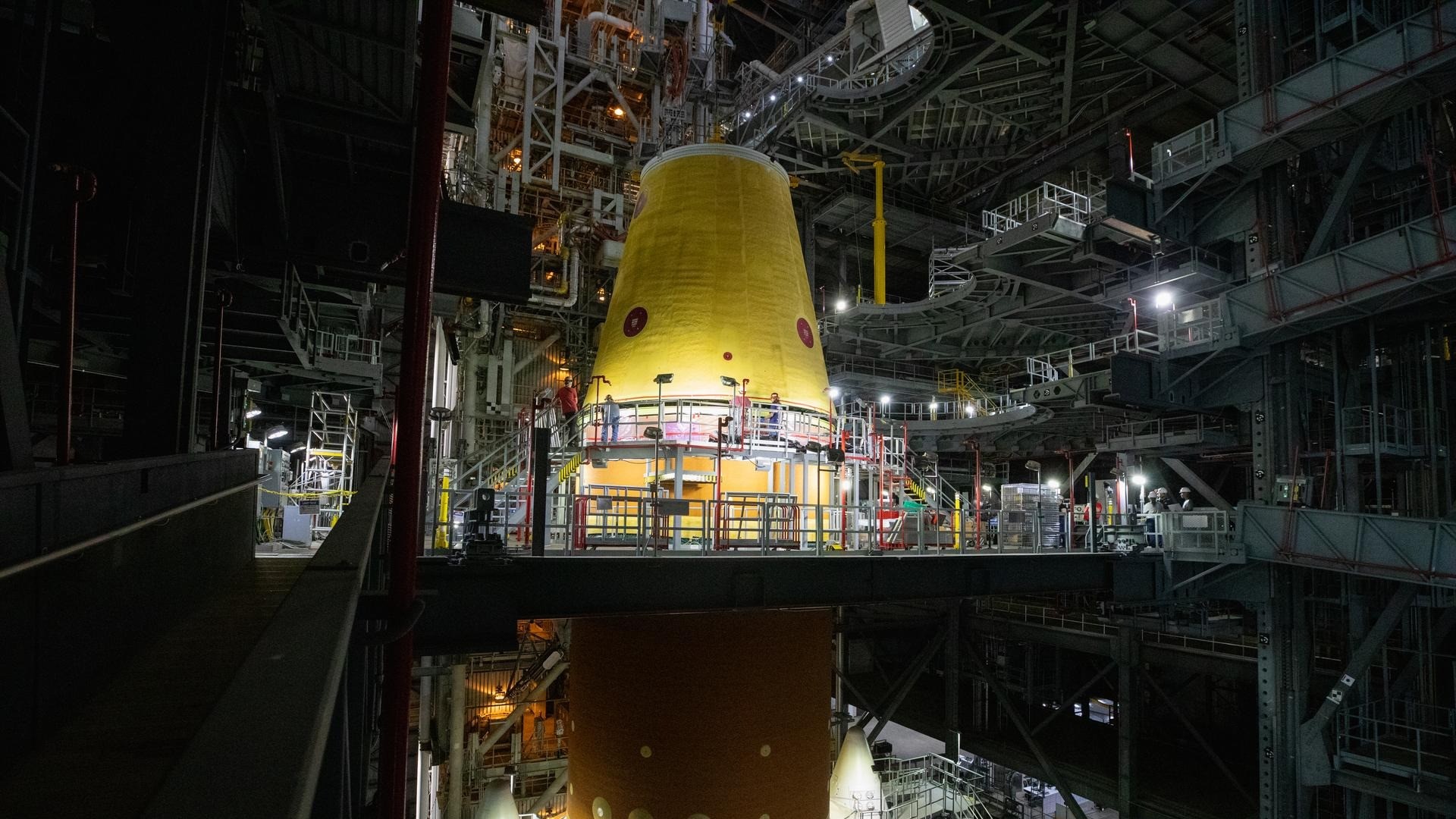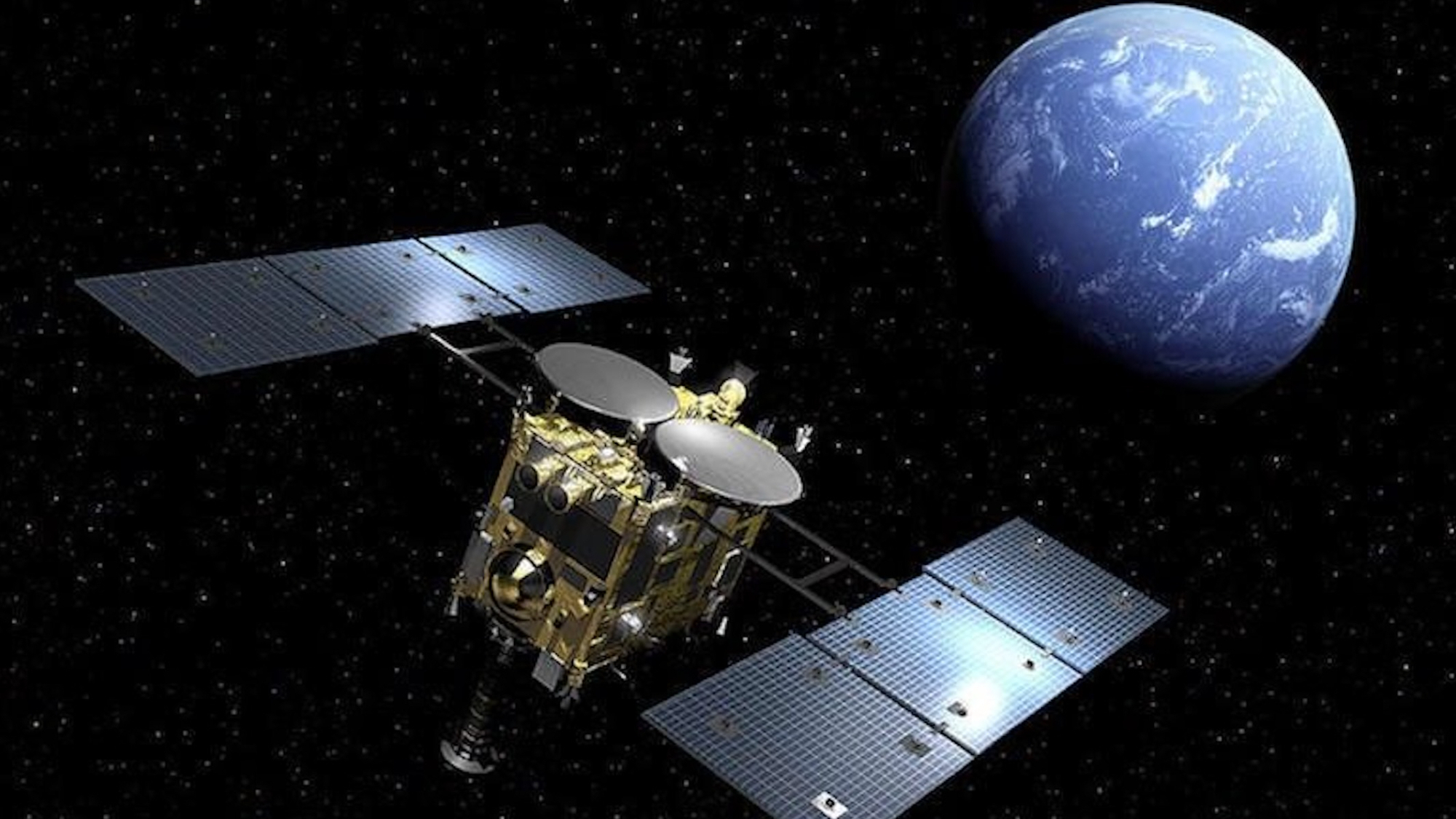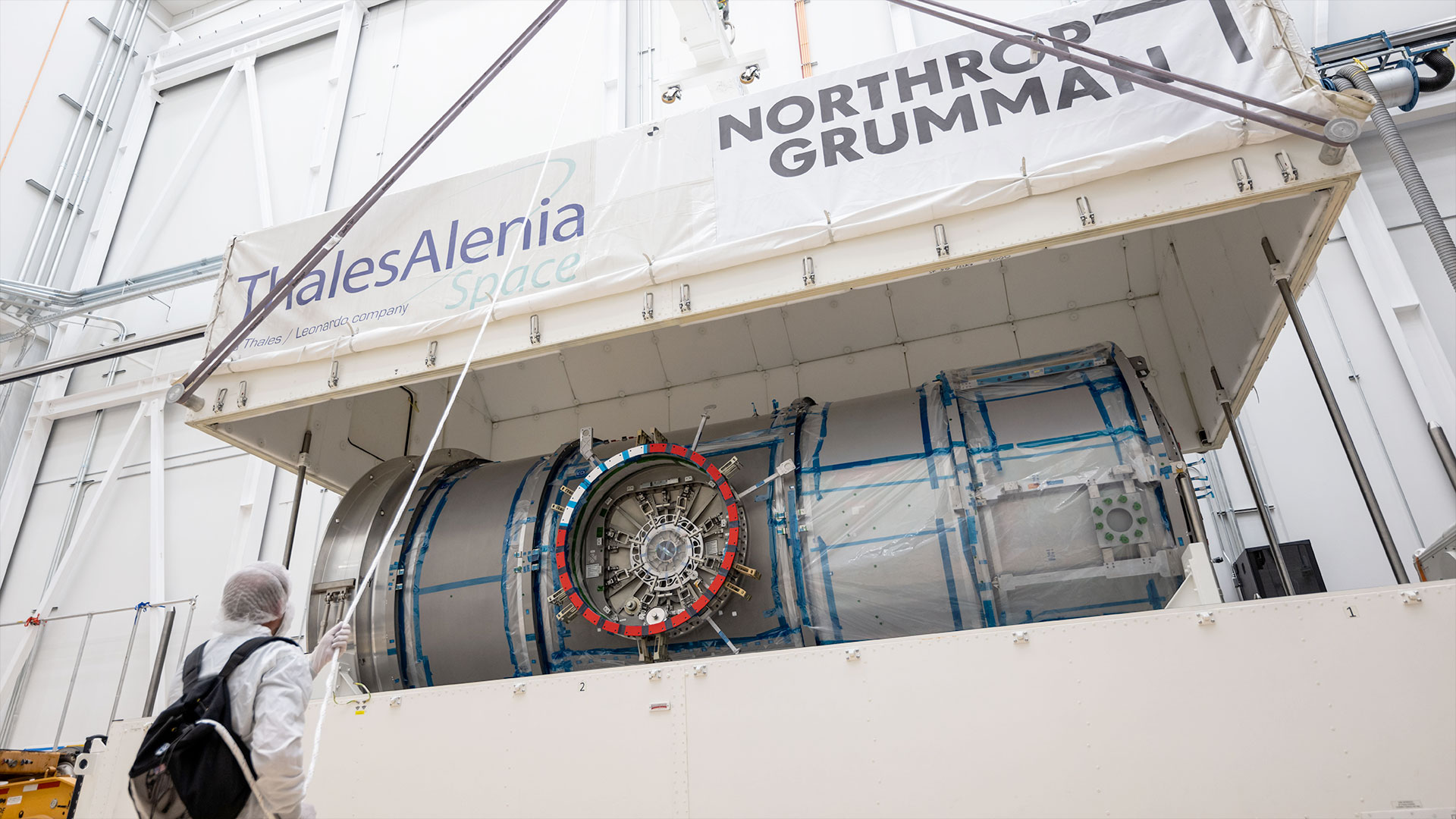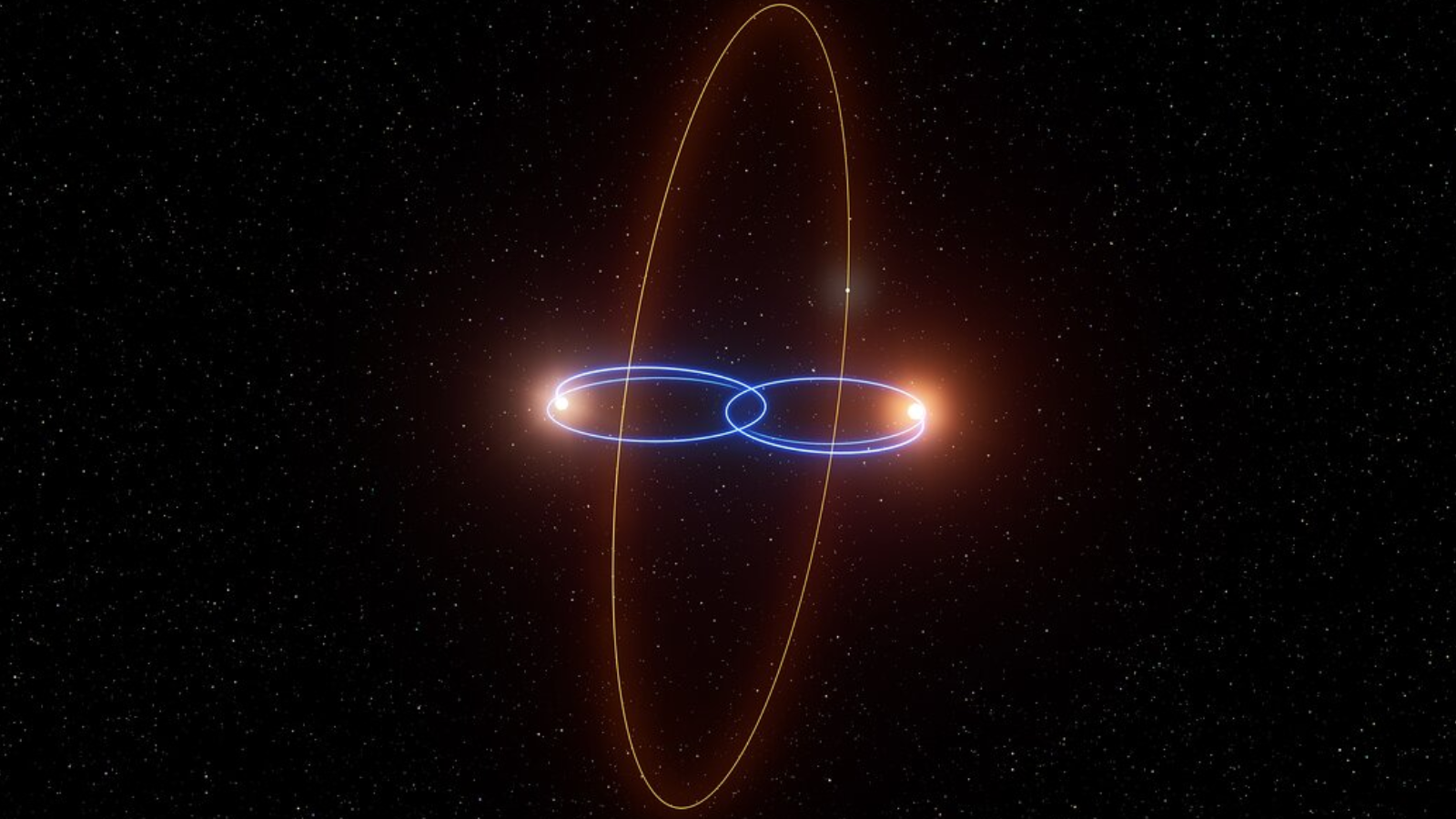Happy Lunar New Year 2024! Chinese astronauts welcome Year of the Dragon in space
As families and friends across Earth gather for Lunar New Year on Feb. 10, 2024, astronauts are celebrating from afar.
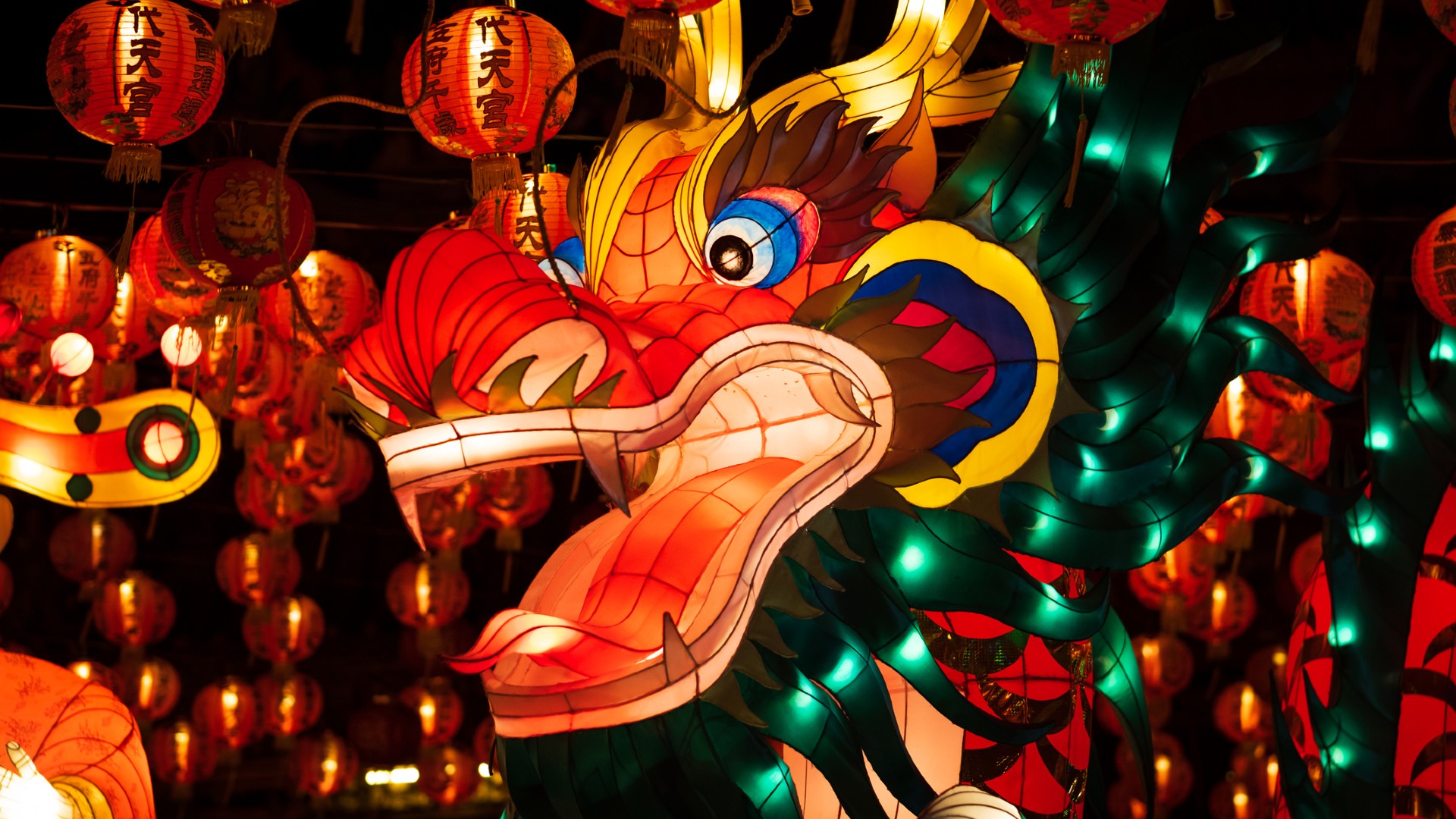
Happy Lunar New Year!
Saturday (Feb. 10) marks the Lunar New Year, a holiday with rich traditions and cultural significance for people worldwide. Lunar New Year begins with the second new moon to occur after the Winter Solstice each year, meaning it typically falls between Jan. 21 and Feb. 20.
During this time, families and friends gather to eat traditional foods and pay tribute to their ancestors. Many families and locations also celebrate with fireworks or parades featuring colorful dragons or lions. Gifts are exchanged, including traditional money-filled hong bao, or "red envelopes." Celebrations last for 15 days and end on the night of the next full moon, which will fall on Feb. 24 this year.
Related: What is the moon phase today? Lunar phases 2024
The origins of Lunar New Year are thought to date back to prehistory. The holiday's timing is based on the traditional Chinese calendar, known as a lunisolar calendar, which is based on the changing position of the sun in the sky and the phases of the moon.
While China today uses the Gregorian calendar for most civil and governmental purposes, traditional Chinese holidays, festivals and other rites are still based on the lunisolar calendar.

While celebrated worldwide, Lunar New Year is most prevalent throughout China and other Asian countries including Singapore, Taiwan, Vietnam, Korea, Indonesia, Thailand and Malaysia.
Get the Space.com Newsletter
Breaking space news, the latest updates on rocket launches, skywatching events and more!
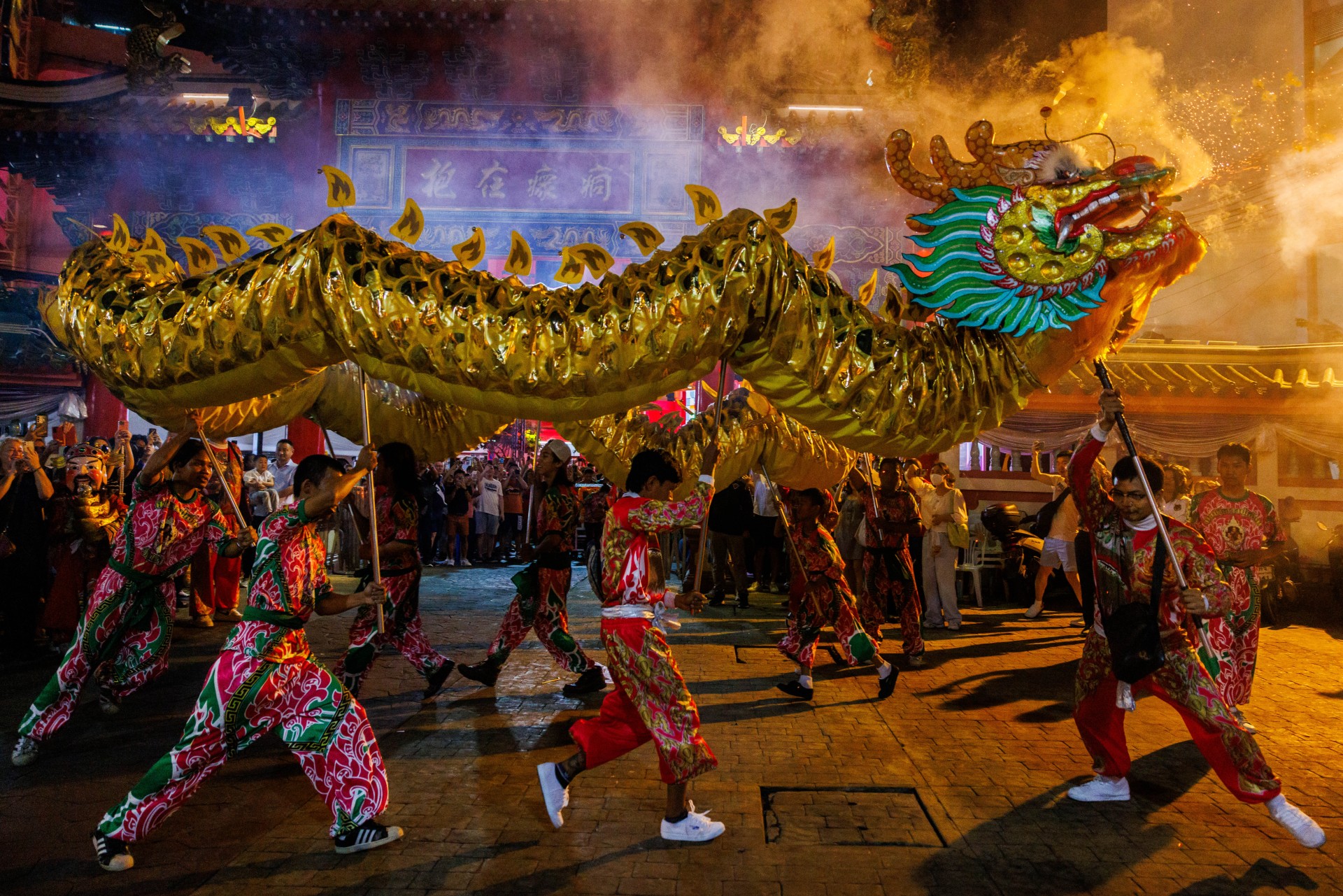
Billions of people throughout the world travel during the Lunar New Year period, considered the largest annual human migration. There is even a term for the travel rush in China: "Chunyun," or "spring transportation." It's named for the Chinese term for the Lunar New Year celebration period, Spring Festival.
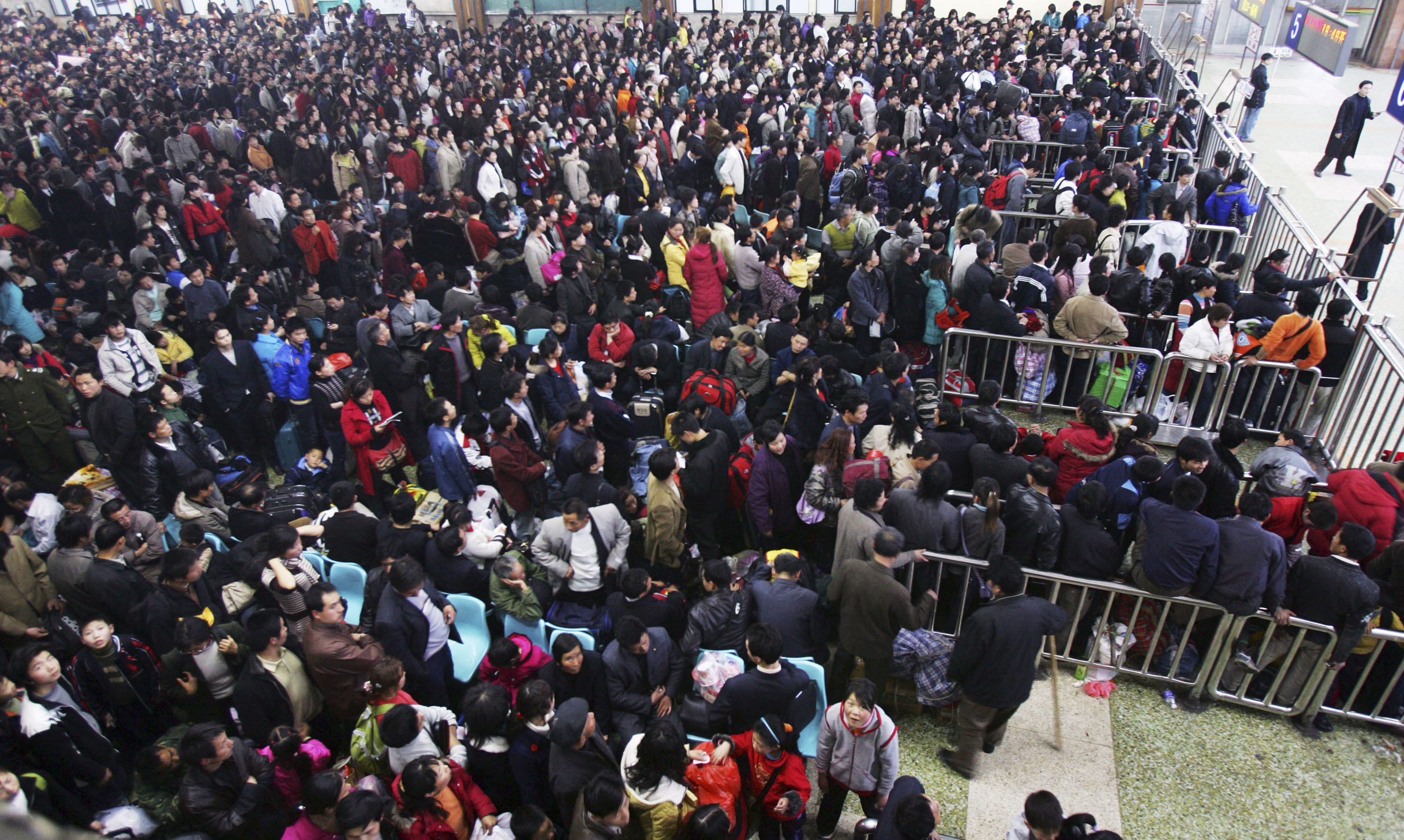
Like many of their Chinese compatriots, the Shenzhou-17 astronauts aboard the Tiangong space station celebrated Lunar New Year with a special feast including smoked fish, scallion pancakes, roast duck, glutinous rice cakes, tomato and egg soup, dumplings, sweet rice porridge, mango, sesame buns, fruit juices and more.
🎆🎉As #ChineseNewYear draws nearer, let's review the festive feast that marked the celebrations in space.😋🥟From smoked fish to sticky rice lotus root, cheesy rice cake, and dumplings, the Shenzhou astronauts experienced unforgettable celebrations like never before.[📷/CMS] pic.twitter.com/wcfhloyTnRFebruary 8, 2024
The Shenzhou-17 crew unfortunately can't travel home to feast with their families, as their mission aboard Tiangong won't end until April 2024.
Lunar New Year 2024 is the beginning of the Year of the Dragon, seen by many cultures as an especially lucky year in which to be born. So lucky, in fact, that baby booms tend to occur in Years of the Dragon every 12 years as the zodiac cycle repeats.
The Dragon is the only legendary creature out of the animals of the Chinese zodiac and symbolizes good luck, strength, intelligence and good fortune. The Dragon also carries deep cultural and historical significance in China, sometimes serving as a symbol of the emperors and empires of China's rich 5,000-year history.
Join our Space Forums to keep talking space on the latest missions, night sky and more! And if you have a news tip, correction or comment, let us know at: community@space.com.

Brett is curious about emerging aerospace technologies, alternative launch concepts, military space developments and uncrewed aircraft systems. Brett's work has appeared on Scientific American, The War Zone, Popular Science, the History Channel, Science Discovery and more. Brett has English degrees from Clemson University and the University of North Carolina at Charlotte. In his free time, Brett enjoys skywatching throughout the dark skies of the Appalachian mountains.






